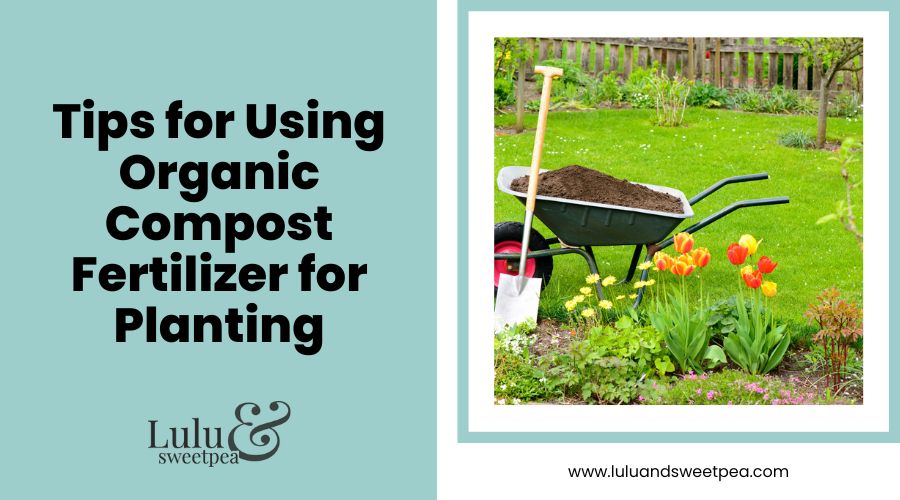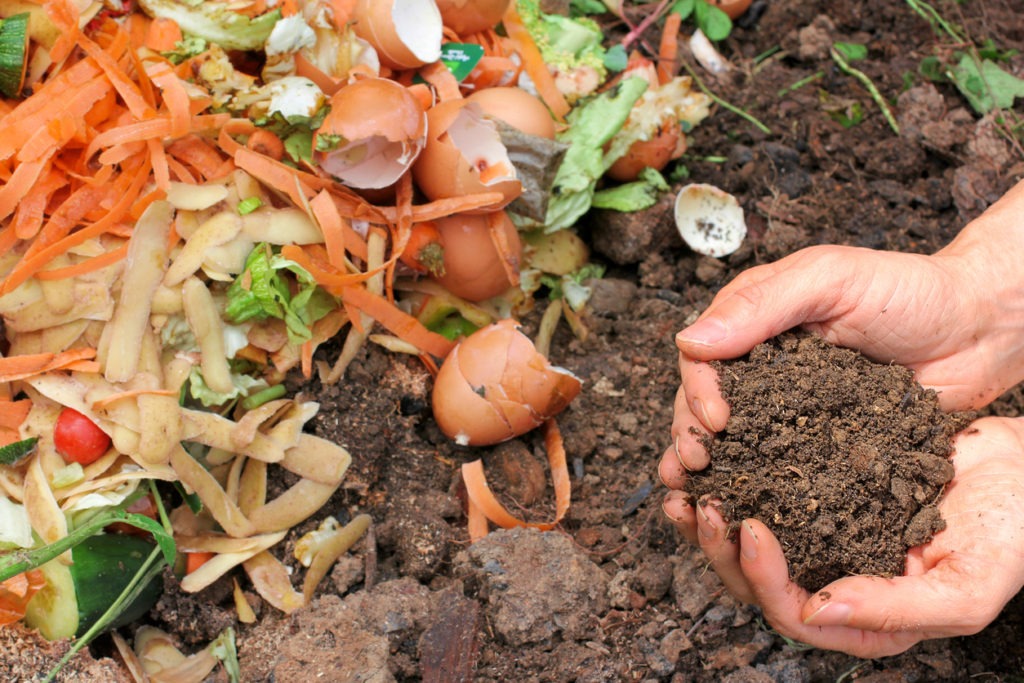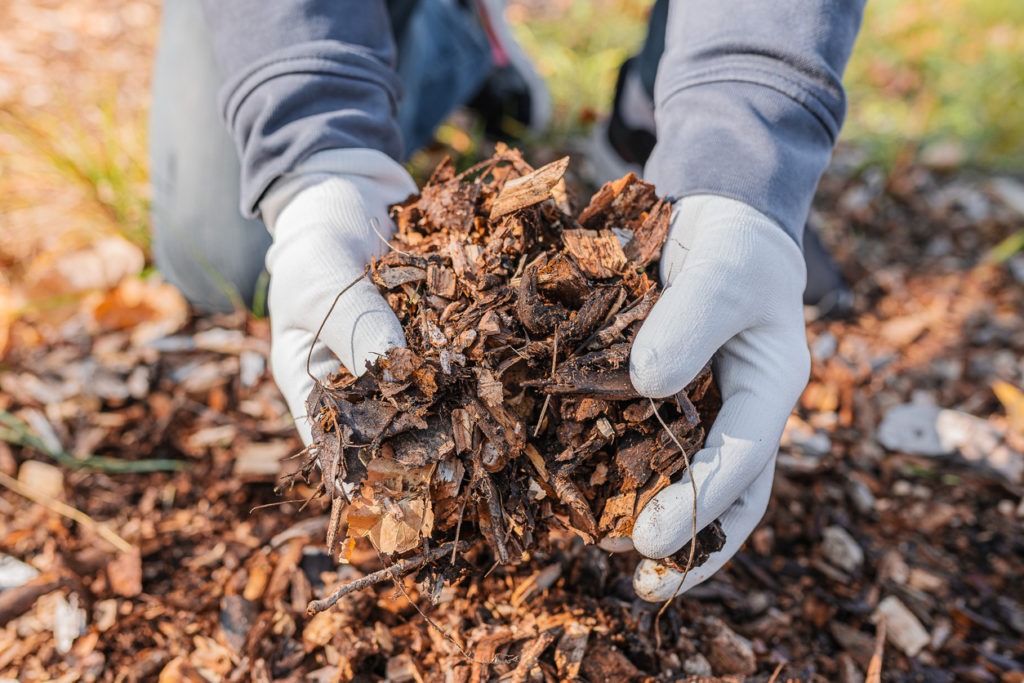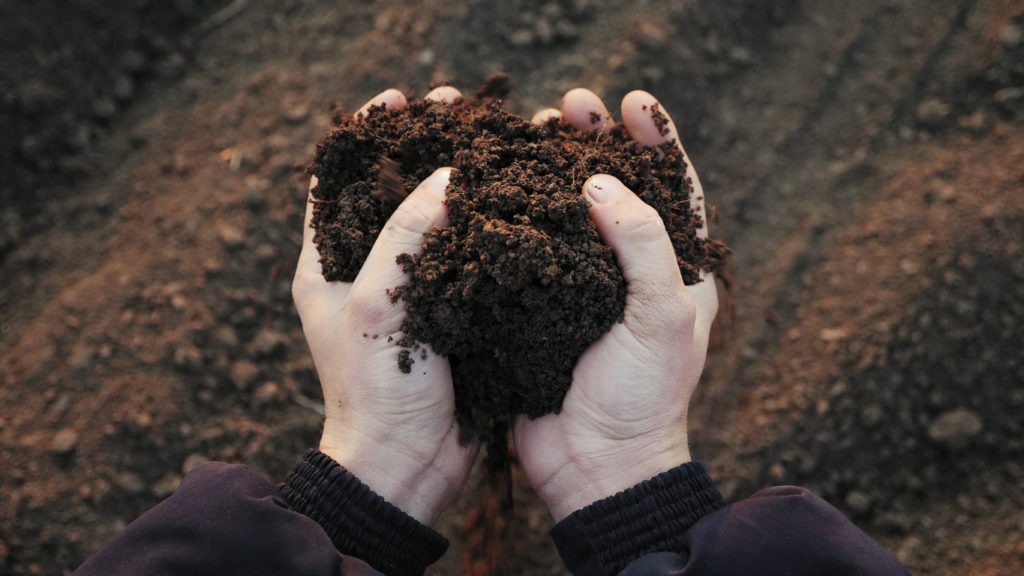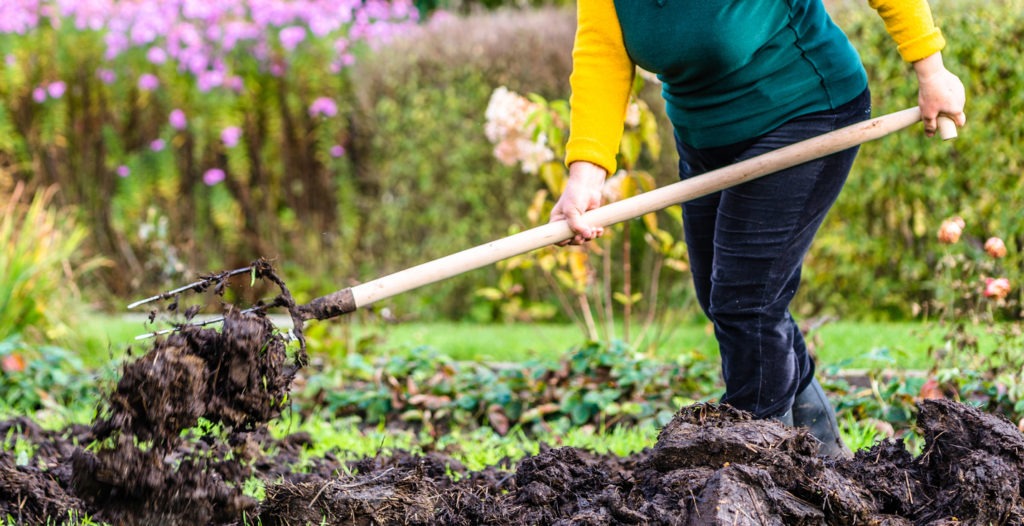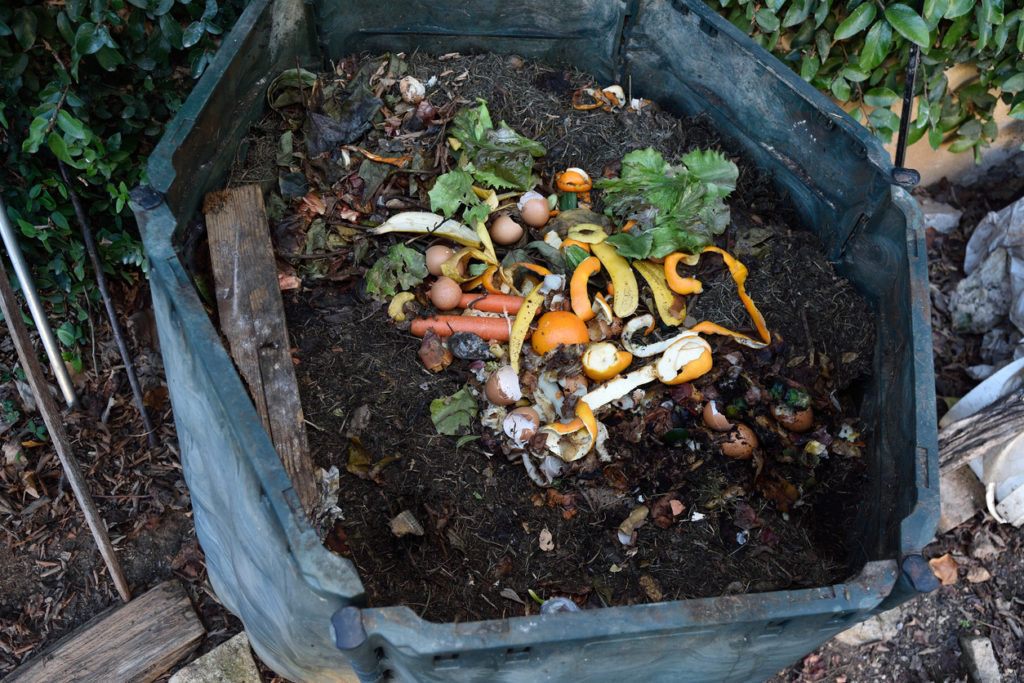Taking care of your garden means that you need to stay consistent and research what your plants require. In fact, the effort starts before you even plant the seed.
If you’re planting something in your backyard, the soil there usually won’t have the right complex nutrients needed for your crops to grow properly. This is why many gardeners opt to sprinkle in some fertilizer, put a layer of mulch on top of a garden bed, or do whatever it takes to give their plants that much-needed extra nutrition. With growing awareness about the dangers of synthetic chemical fertilizers these days, it’s probably best to look towards organic fertilizer options now. Among these, the option of composting is one of the most planet-friendly and rewarding choices.
Using Organic Fertilizer
When you’ve made the decision to start using organic fertilizer, the best way forward will be to plan out your nutrient management. This will help you determine just how much to give the plants so that the crops aren’t over- or under-fed. Follow these steps to ensure that you’re on the right track:
- Send a soil sample to your local garden center or any service that will give you its pH level as well as details about what nutrients are already there
- Natural fertilizer isn’t likely to burn your crops if you overdo it, but you also don’t want to waste it or upset the right soil balance
- After getting the test results of your soil, adjust your organic compost fertilizer to include the nutrients that are needed the most
- The general rule of thumb is to add and apply compost within your gardening routine every year during the fall season. This way, it will hopefully be releasing nutrients fairly rapidly by the time spring arrives.
- If you want to add regular fertilizer while using compost, it might be best to use it during the spring when the plants are at their peak growth phase. Once you know more about your plants, you will also know which ones need a short term boost for maximum results
When Should You Use Organic Fertilizer?
Using organic fertilizer properly also includes knowing the ‘when’ of using it. Here’s what to keep in mind:
- Each of your crops will have its own nutritional requirements depending on what kind of plant they are, their current stage of growth, blooming, etc.
- Different organic fertilizers and various types of compost might be best according to the needs of the plants
- The time of using the fertilizer will also vary, so be sure to do your research beforehand and note the right time periods to get busy
How to Apply Organic Compost Fertilizer
Applying organic compost fertilizer can be a bit trickier than synthetic options. Organic fertilizers will release their nutrients at a slower pace, but this will also gradually improve the soil’s quality over time. Remember the following tips in order to make sure of the correct dosage:
- If you’re buying your organic compost fertilizer, ask the seller for some feeding schedules or any other guidance about proper usage.
- An easy way of applying organic compost fertilizer to use it in the mulch. You do this by spreading a thick layer of compost on exposed soil. The earthworms and other life forms in the soil will mix up the compost. This process helps to retain moisture in the soil and also prevents weeds.
- If you’re using plant pots for indoor plants, use three parts compost to seven parts soil and two parts sand.
- If the pH of your soil is too high, add dry organic matter such as sawdust, pine needles, or other ingredients to lower this level
- For both long term and short term benefits, you may want to consider mixing in store bought fertilizer with the compost
Making Sure the Compost is Ready
If you’re making or buying organic compost fertilizer, you need to make sure that it’s properly done. If you use the compost before it’s fully fermented and ready for planting use, it may not release the required nutrients into the soil. Here are some pointers to check out before you think about applying organic compost fertilizer in your garden:
- The color of the compost should be dark and rich
- It should crumble easily when you try to lift it with your hands
- The original ingredients should not be apparent in the compost
- The smell should be sweet and earthy
- The texture shouldn’t be too lumpy or stringy; if it is, you may have to leave the mixture in the compost bin for some more time
- If you’re making compost, remember that different ingredients take different times to break down. The required mixture might take three to twelve months before it becomes proper compost
- The decomposition of the compost will depend on the temperature inside the bin, the kind of organic matter inside, the type of bin you’re using (there are different materials), the fineness of the waste material, how often you turn the mixture, and several other factors
If this is your first time making or using compost, you may need some guidance to avoid wasting or damaging anything. Before anything else, it’s wise to read up on how to get started with composting.
How Does Compost Help the Soil?
Composting and applying compost for your plant can be hard work. Many gardeners may be excused for wanting to go the easy way, but they will probably turn back to compost once they learn how it helps their soil. Here are a few factors to remember when the compost method seems challenging:
- Compost contains phosphorus, nitrogen, potassium, and other nutrients that our plants need in order to achieve their optimal growth. This will help you in growing great tomatoes, not just passable ones
- This mixture is also especially effective in supplying micronutrients that a garden or plant needs in small amounts. A gardener can often overlook these; some examples include iron, manganese, iodine, copper, cobalt, and zinc. The more of these minerals your plants get, the healthier and better looking they will turn out to be.
- If you use organic compost fertilizer in the correct way, you will probably not need to spend money on additional synthetic fertilizer or even the organic options from any store.
- Compost will release its nutrients at the best rate for your plants. For instance, when plants start growing in the early spring, the compost’s microorganisms will start releasing nutrients fairly slowly. When the weather gets warmer and growth speeds up, the microorganisms will also release nutrients more quickly.
- The compost’s organic matter binds with the soil particles, whether these are clay, silt, or sand. This builds up the aggregates in the soil, which helps to retain water inside for when the plants need it.
- The aggregates also help to create space for more oxygen and better drainage, both of which are necessary for growing healthy roots
- With these actions, compost increases the amount of water that soil can hold. Compost itself can hold up to twice as much water as its own dry weight.
- Compost also adds microorganisms and bigger creatures to the soil, including insects and earthworms. These help to build up the soil and rejuvenate it
- Neutralizes the harmful metals and toxins in the soil, including lead and calcium. Compost does this by bonding with these elements so that they’re not consumed by the growing plants
Potential Downsides of Using Compost
There are some potential disadvantages to consider while using compost. Here are some of them now:
- The organic waste you use will affect the quality and quantity of the results in compost. Getting the mixture just right will require additional effort and perhaps some financial investment as well
- If you have a compost pile, it can attract unwanted pests and perhaps even wild animals
- You need time, some space, consistency, and a lot of effort to be successful at composting
- The compost piles and bins might have horrible odors at times; even if you get used to it, the neighbors might complain
Conclusion
With the right choice and application of organic compost fertilizer, you might be able to grow these best vegetables for a raw food diet.
Your organic compost fertilizer can feed the soil and also boost your plants’ growth. You may add some extra fertilizer to your compost pile for an extra boost, but proper care and maintenance will make that step unnecessary in the long run. However, you may want to consider your gardening goals, unique methods, climate, and natural phenomena before making any final fertilizing decisions.
